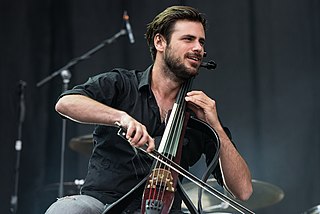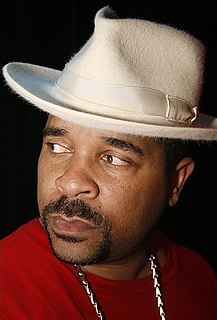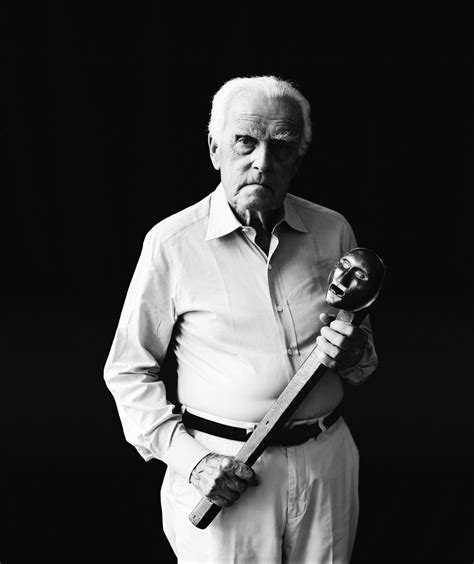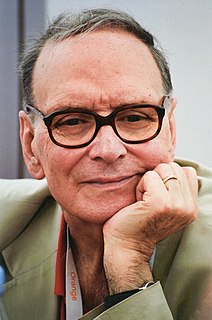A Quote by Stjepan Hauser
We have a rock audience, classical audience, metal, pop - everything. We unite them all.
Related Quotes
If you address yourself to an audience, you accept at the outset the basic premises that unite the audience. You put on the audience, repeating cliches familiar to it. But artists don't address themselves to audiences; they create audiences. The artist talks to himself out loud. If what he has to say is significant, others hear & are affected.
The average age of the Jazz audience is increasing rapidly. Rapidly enough to suggest that there is no replacement among young people. Young people aren't starting to listen to Jazz and carrying it along in their lives with them. Jazz is becoming more like Classical music in terms of its relationship to the audience. And just a Classical music is grappling with the problem of audience development, so is Jazz grappling with this problem. I believe, deeply that Jazz is still a very vital music that has much to say to ordinary people. But it has to be systematic about getting out the message.
The Rolling Stones are truly the greatest rock and roll band in the world and always will be. The last too. Everything that came after them, metal, rap, punk, new wave, pop-rock, you name it... you can trace it all back to the Rolling Stones. They were the first and the last and no one's ever done it better.
There's this idea, particularly in pop music and a lot of these pop father/manager types, that you're selling the person instead of the song. You basically want to create something that the fans relate to because it's exactly like them. So there's a lot of art that's made to be in the image of the audience, but then the audience is imitating this version of themselves. It's a really weird cultural feedback loop, and it's kind of strange to watch. It's a new thing since I was a kid, really a different thing.
The major rock instruments and classical instruments were designed for performance, for sharing the music with an audience, and then later people put microphones on them and recorded them. But for electronic music, the opposite was true - they're designed in laboratories, and later, we tried to put them on stage.
. . . I felt that making her one-dimensional would be an insult to the audience, and also not as interesting. All destructive people have an inner side to them, and the more three-dimentional your characters are on screen the more compassion you can open up in an audience . . .. To me, that involves the audience more, it stimulates them and asks more of them.


































